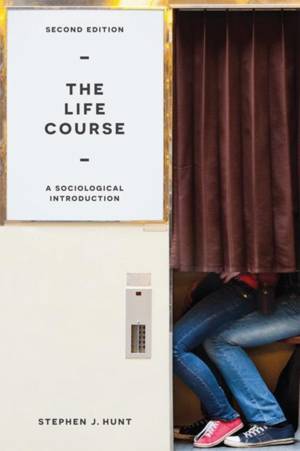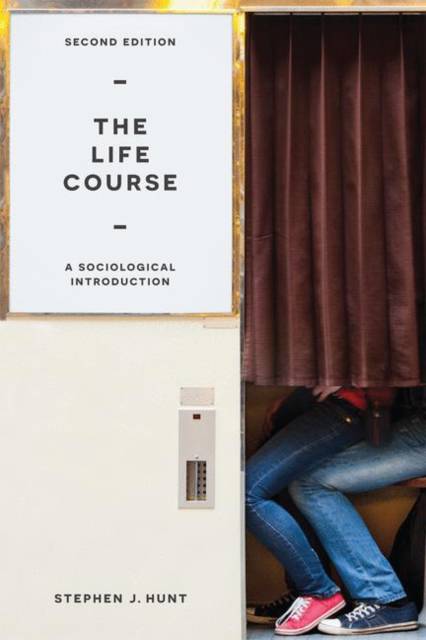
- Afhalen na 1 uur in een winkel met voorraad
- Gratis thuislevering in België vanaf € 30
- Ruim aanbod met 7 miljoen producten
- Afhalen na 1 uur in een winkel met voorraad
- Gratis thuislevering in België vanaf € 30
- Ruim aanbod met 7 miljoen producten
Zoeken
€ 46,45
+ 92 punten
Uitvoering
Omschrijving
Dramatic social transformation in Western society over recent decades has had a profound impact on the way the life course is studied. While people continue to experience the implications of class, gender, ethnicity and, of course, age, they are more than ever able to take personal control of their own lives. The Life Course considers how, in a diverse and uncertain world, the previously predictable stages of life are no longer fixed but increasingly open to change.
Focusing on continuities and change, this book looks not only at the different 'phases of life', but also at the transformation of a number of closely related social institutions such as the family, education and the workplace. Recognising that the established cradle-to-grave view is now outdated, the trajectory from infancy and youth to later and end-of-life is followed not as a stable object of study, but as a starting point for critical analysis. This second edition offers an essential overview of the sociology of the life course, incorporating both contemporary and conventional perspectives. It calls upon current theorising around the life course as well as on up-to-date empirical research data. This thought-provoking text is relevant to researchers and students of life course studies and sociology, as well as to those in nursing, social work and related caring professions.Specificaties
Betrokkenen
- Auteur(s):
- Uitgeverij:
Inhoud
- Aantal bladzijden:
- 344
- Taal:
- Engels
Eigenschappen
- Productcode (EAN):
- 9781137521958
- Verschijningsdatum:
- 16/09/2016
- Uitvoering:
- Paperback
- Formaat:
- Trade paperback (VS)
- Afmetingen:
- 158 mm x 237 mm
- Gewicht:
- 539 g

Alleen bij Standaard Boekhandel
+ 92 punten op je klantenkaart van Standaard Boekhandel
Beoordelingen
We publiceren alleen reviews die voldoen aan de voorwaarden voor reviews. Bekijk onze voorwaarden voor reviews.











